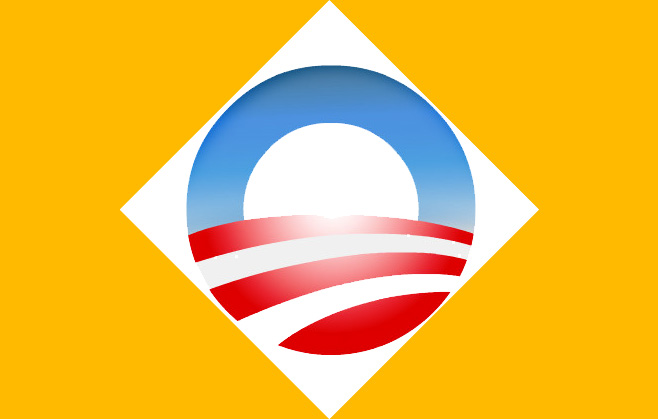
A social swing for President Obama!
The world’s watched the Presidential campaign in anticipation, and finally yesterday saw its nail-biting conclusion. First things first, we at The Practice want to extend our congratulations to newly re-elected President Barack Obama. Well-done Sir! If you’ve been avidly following, you can’t have failed to notice that social media’s played a huge part this year for both the Democrats and Republicans. But the question is, has it been tantamount to Obama’s victory?
According to official results, approximately a third of voters were encouraged to vote for either candidate via social media alone, making its clout undeniable. And as far as deciding on who to vote for, a staggering 51 per cent of voters learned about the candidates and their policies through multiple social media channels: an increase of 29 per cent from the previous election. And did you know that yesterday, Twitter reported over 20 million tweets making this year’s Election Day the most tweeted about event in US political history!
And certainly in the voting process, social media’s helped in attracting voters to get on board. In the last leg of the campaign, both Obama and Romney took to Twitter, Facebook and Reddit, imploring Americans to make their choice, while on the voters’ end, 22 per cent of social media users made sure they announced their selections, and posted pictures of themselves with ballot cards or even badges proclaiming ‘I voted!’ In total, social media’s persuasive power was overwhelmingly strong, with a fifth using these platforms to convince others to cast their vote.
Social media sites themselves also aided users, jumping in on the action to spur on the voting process in the final couple of days. Facebook for example, created a special ‘I’m a voter’ button for users to click; the intention was clearly to spread the word and inspire further members and friends of each network to do the same. Furthermore, the social platform also launched a US map charting real-time clicks every time someone pressed the button, with a click counter placed alongside to showcase the rapidly increasing numbers.
Perhaps this year, social media was even used as a key predictor of the final outcome. Twitter for instance, measured that Obama was mentioned in more tweets from those in key swing states than Romney. And if we just examine the overall statistics alone, the final figures stood at Obama receiving 31 million Facebook ‘likes’ in comparison to Romney’s 9.9 million, while the former scooped an impressive 21 million Twitter followers, and the latter only managed a paltry 1.5 million. And one of the most surprising facts from our perspective is that even with the shockingly watchable and controversial Romney videos on YouTube, total views only amounted to 27 million in comparison to Obama’s huge total of 249 million. The respective discrepancies certainly correlate with the end result, but can social media really be attributed as the sole reason?
We think its definitely played a part, but it’s not been crucial to the outcome, as from our experience, high online volume and traffic via social sharing tends to look impressive but doesn’t necessarily manifest itself when it comes to something like real-life voting. Social media is generally about showing and exhibiting, rather than truly ‘telling’. However, that’s not to say it’s not had a tremendous amount of influence, particularly on those who were slightly less informed or apathetic to begin with.
Did you follow the 2012 US Election on social media or otherwise? Or maybe you were even an eligible voter? We’d love to hear your Campaign stories and experiences! Please tweet to and follow us @PracticeDigital and share your account on Facebook.




